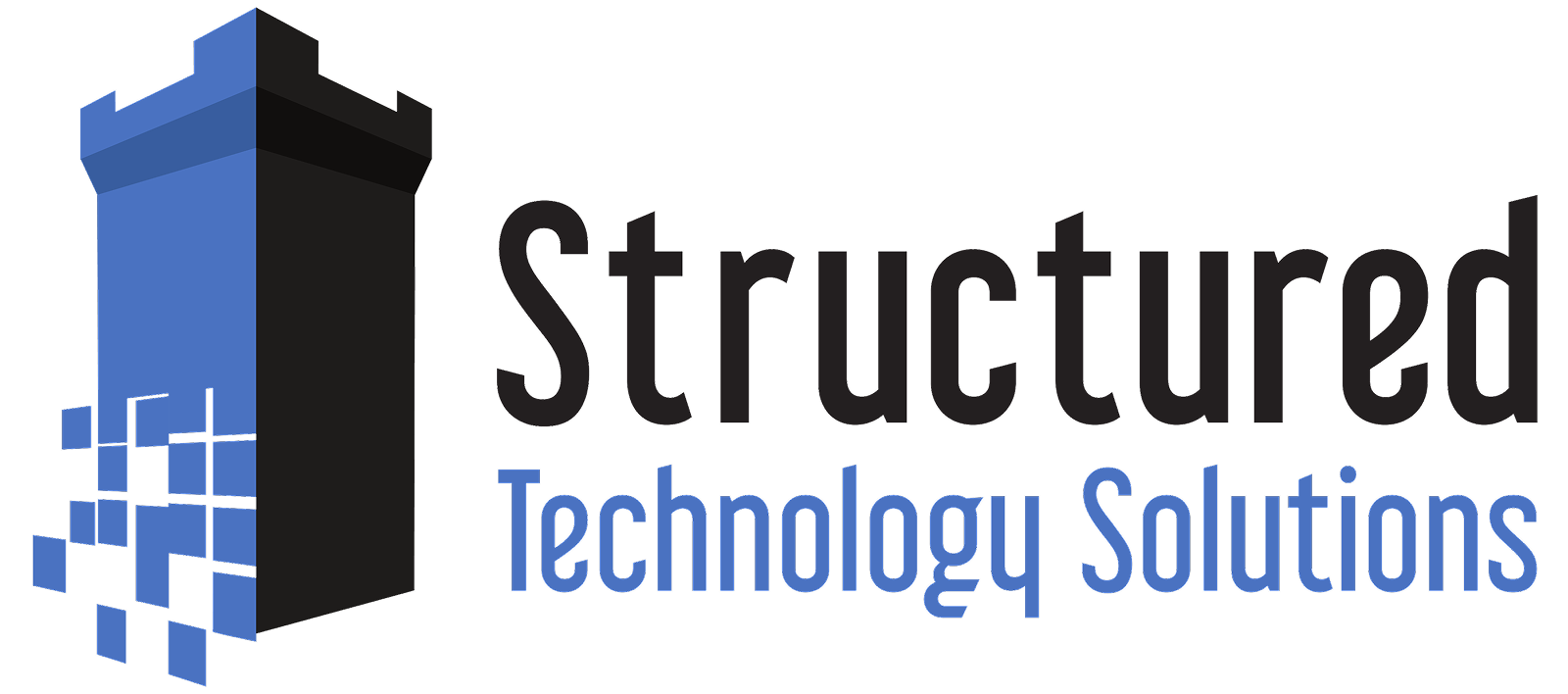Sales Inquiries: (972) 646-8798
Existing Clients: (972) 652-0010

Eight Cybersecurity Best Practices Every Employee Must Leverage - Structured Technology Solutions
We all know personal hygiene is essential to one’s overall health, productivity, and professionalism. Cyber hygiene is also essential to both professional and personal wellbeing.
Here are eight essential cybersecurity best practices that every employee must follow to help protect their organization (and their own personal information) from cyber threats:
1. Use Strong, Unique Passwords
Create complex passwords with a mix of uppercase, lowercase, numbers, and special characters. Avoid using the same password for multiple accounts.
Use a password manager to keep track of passwords securely.
DO NOT USE ANY OF THE FOLLOWING:
Password1234, Admin1234, 123456, Abc123!
2. Enable Multi-Factor Authentication (MFA)
Always enable MFA for email, work accounts, and other sensitive systems. This adds an extra layer of security beyond just a password.
3. Be Cautious with Emails and Links
Don’t click on links or open attachments from unknown or unexpected senders. Sorry, but you didn’t win a gift card.
Look out for phishing scams that mimic legitimate organizations.
4. Keep Software and Devices Updated
Regularly update operating systems, browsers, and applications. That box that pops up asking you to update applications is important… stop ignoring it!
Install security patches as soon as they are available.
5. Use Secure Wi-Fi and VPNs
Avoid public Wi-Fi for work-related tasks unless using a Virtual Private Network (VPN). Your favorite coffee shop may serve the best latte in town, but their internet may not be as well protected as their recipe for the cinnamon scones you enjoy.
Secure home and office networks with strong passwords and encryption.
6. Lock Devices and Use Screen Privacy
Lock computers and mobile devices when not in use. Need to use the restroom? LOCK YOUR COMPUTER! Need to walk up to the counter to order a refill of your favorite drink? LOCK YOUR COMPUTER! Stepping outside to answer a personal call? No caps needed… I am confident you get the point.
Use privacy screens in public areas to prevent visual hacking.
7. Report Suspicious Activity Immediately
If you receive a suspicious email, message, or system alert, report it to IT/security teams. They appreciate this more than you know!
Prompt reporting can help prevent potential breaches.
8. Stay Educated on Cyber Threats
Participate in cybersecurity awareness training.
Stay informed about emerging threats and how to recognize them.
By following these best practices, employees can play a crucial role in safeguarding their organization’s data and systems.
Need cybersecurity training for your employees? Contact us today at [email protected].
Want To See How Simple IT Can Be?
Schedule a 15-minute call to tell us about your business.
Find out if we're the right fit for you.
Decide if you want to work with us.



